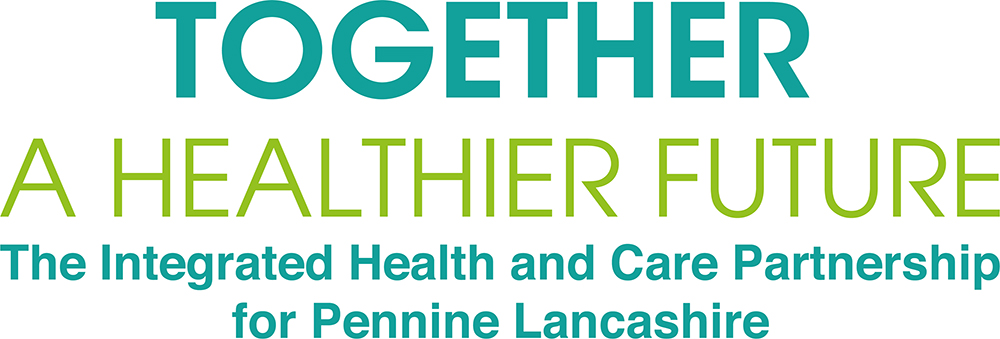
Health leaders in Pennine Lancashire have welcomed the publication of the NHS Long Term Plan.
The 131-page plan, which was published on Monday 7 January 2019, outlines the priorities for the health service over the next decade.
It describes how the NHS will make sure people get the best start in life, and how patients can expect world-class care for major health problems.
The plan also details how different organisations should work closer together to make sure health and care services are more joined up and delivered in the right place and at the right time for local people and their families.
As part of this it outlines how services should be integrated within neighbourhoods –communities with populations of typically between 30,000 to 50,000 – to support people to stay well.
Speaking on behalf of Together a Healthier Future, the integrated health and social care partnership for the Pennine Lancashire, Kevin McGee, Chief Executive of East Lancashire Hospitals NHS Trust said:
“The plan contains a lot of detail which we need to carefully review with health and care staff, as well as our partners and the public, to determine how it will further shape services across Pennine Lancashire especially, and Lancashire and South Cumbria as a whole.”
“The plan endorses a lot of what we have been doing for some time here in Pennine Lancashire in terms of partnership working and bringing services together to be more joined up.”
Graham Burgess, Chair of the Partnership and Blackburn with Darwen CCG adds, “Our working relationships with partners from local authorities, the voluntary, community and faith sectors and the many groups of people who volunteer their time to help shape and improve health and care services, are really strong and effective. We have already agreed ‘the Pennine Plan’ for improving health and care services which we are beginning to implement.”
You can see the Pennine Plan here http://togetherahealthierfuture.org.uk/pennine-plan/
“Closer integration of services and partnership working is vital to improve patients’ experience and also to support people to keep well. People sometimes ‘fall’ through the gaps between organisations; bringing services and teams together will help to stop this.”
“We will involve local people, health and care staff and our partners in the detail of the work which is taking place and how together we will deliver the long term plan for the people of Pennine Lancashire.”
For more information about the NHS Long Term Plan visit: www.longtermplan.nhs.uk
One example of how closer collaborative work has improved services in Pennine Lancashire includes neighbourhood care teams, which bring groups of GP practices together with community health services, social care, mental health services, and others, to provide joined-up health and wellbeing services. Working together in this way, the teams can make a complete assessment of a person’s health, wellbeing and social needs and liaise with their colleagues to make sure they provide the right support, close to people’s homes. Social workers also support individuals in short term care and in intermediate care provision to improve the opportunity for people to return home.
Another is the East Lancashire social prescribing scheme has been running for four years and has invested approximately £2.5M into community schemes, groups and activities that GPs in the area can refer their patients to. The social prescribing scheme, called ‘prescription for health’, is a tangible investment in local communities and recognises the skills, experience and knowledge that communities can bring to support patients with a range of non-medical, socially orientated support.
These services can include everything from debt counselling, support groups and walking clubs, to community cooking classes and one-to-one peer mentoring. We knew that social prescribing was a powerful and useful means of investing in our communities and reducing demand on the NHS, but we have now also seen the practical benefits that these schemes have had in supporting independence, reducing social isolation, building confidence and self-esteem, and improving the overall health and wellbeing of people in all of our communities.
Dr Richard Robinson, Chair of the East Lancashire CCG said:
“As a GP in Hyndburn I have found social prescribing to be a really useful addition to the range of options I have available to me and my patients. For some it is often better to be referred to a community activity where they can build their confidence or feel less isolated rather than receive prescription medication. Medicine and referrals to specialists all have a role to play, but what has impressed me most has been seeing people improve their health and wellbeing by being part of a group or activity. Our communities have the power of health and wellbeing in their hands, and GPs and the CCG, along with the voluntary sector can help this happen.”


